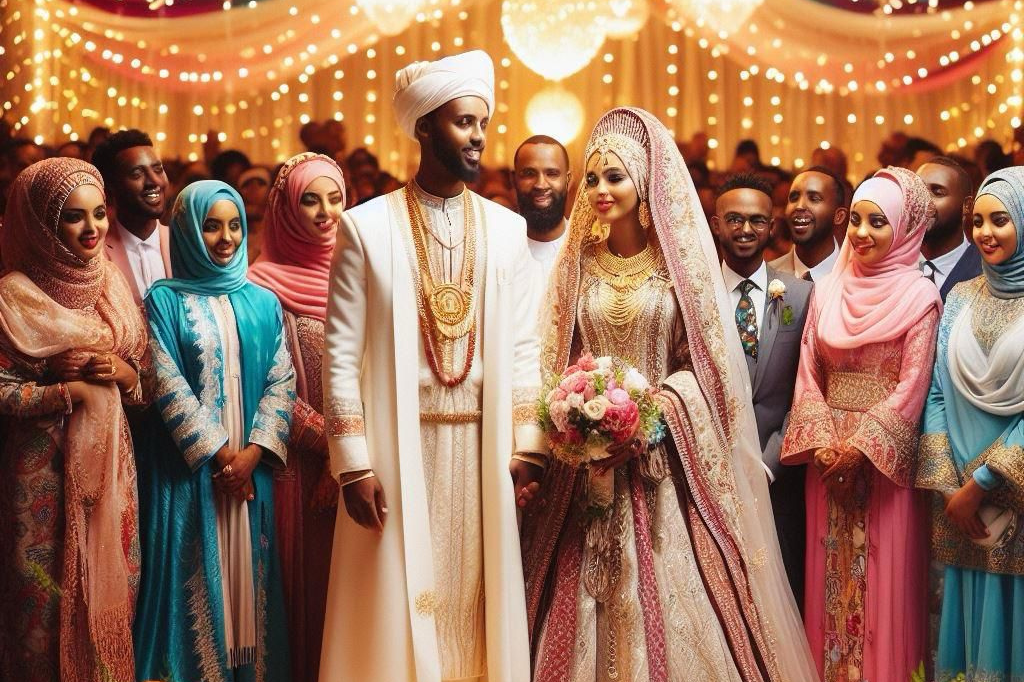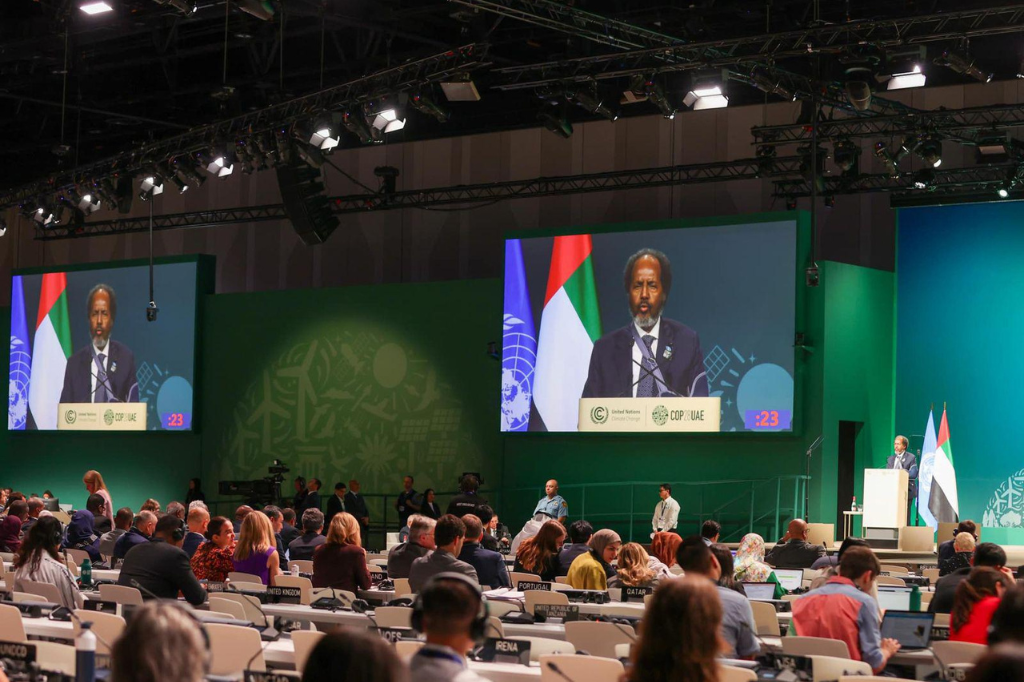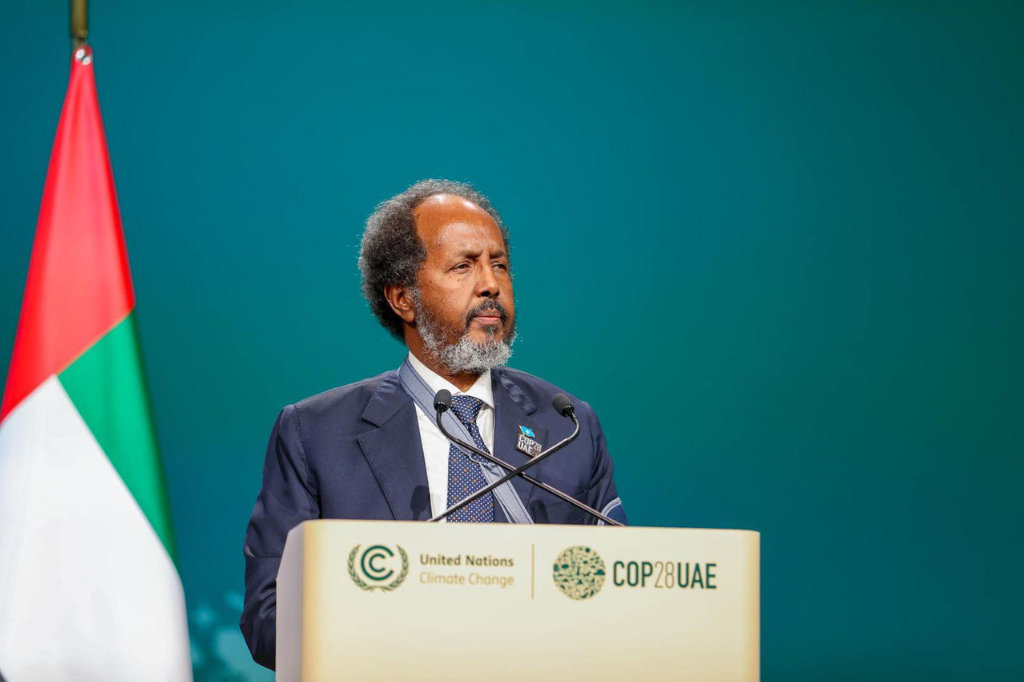
Cancel Culture in Clan-Based Society: A Modern-Day Witch Hunt?

In the remote and arid town of Gooja’adde, where clan grievances have endured for centuries, a modern battlefield has emerged. This battleground transcends physical borders and delves deep into the digital realm. Amidst the recent resurgence of conflict between the breakaway Somaliland and the unionists SSC-Khaatumo, a disconcerting phenomenon has come to light: the weaponisation of cancel culture.
As a keen observer of this unfolding phenomenon, I find myself drawn into the intriguing yet perilous depths of this intricate issue. It’s a realm where the digital age intersects with age-old tribal tensions, and where the repercussions extend far beyond the confines of cyberspace.
On a global scale, “cancel culture” has become a ubiquitous term in the realm of social media—a practice involving the public calling out and boycotting of individuals or entities deemed objectionable. Often, it arises in response to actions or declarations perceived as offensive or contentious. While it can serve as a tool to hold individuals accountable for their behaviour, the Somali context serves as a stark reminder that the consequences can be profound.
The region’s rich tapestry of culture and history plays a pivotal role in this ongoing strife. For over two centuries, clan animosities have smouldered beneath the surface, manifesting as freedom fighters versus protectorate government, Kacaan (revolutionaries) against rebels, and more recently as separatists against unionists.
In this contentious narrative, poetic chains such as “Guba” have historically served as expressive outlets, capturing the essence of clan sentiments and age-old grievances. These chains, rather than being used as weapons, serve to chronicle the experiences and emotions of rival clans. However, in the digital age, cancel culture has emerged as a distinct phenomenon. Social media platforms have become the contemporary battleground where opposing factions engage in their struggles.
Not even public figures have been spared. Artists, sheikhs, and social media influencers have all been caught in the crossfire of this virtual tempest. Efforts to coerce these individuals and their affiliations have only escalated tensions, stifling the potential for constructive dialogue.
The entanglement of cancel culture with political disputes and the exportation of conflict abroad further complicates this already complex situation.
Take, for instance, the case of a Chevening student from the Sanaag region. His aspirations to pursue an education, symbolised by his enrolment in a prominent institution, were abruptly disrupted. Allegations of propagating hatred and supporting armed conflict surrounded him. He was reported by Somaliland supporters both in Hargeisa and London and in turn, he alleged prominent community figures of being behind this manoeuvre.
The implications of this scholarship withdrawal will definitely extend beyond the individual student involved. It places added pressure on scholarship organizations to implement comprehensive verification processes for all Somali applicants to prevent any potential misuse of funds or support. This could lead to stricter documentation requirements, interviews, or even collaboration with certain authorities and bodies to check applicants’ political views on social media.
This situation epitomises the dilemma at hand. While cancel culture ostensibly seeks to hold individuals accountable, it risks casting a shadow over the aspirations of an entire generation, obstructing the educational paths of young Somalis.
Another casualty of this contentious landscape appears to be a Somaliland supporter whose permanent residency in Sweden is allegedly being questioned due to claims about his hometown. It is alleged that SSC-Khaatumo supporters may have played a role in reporting him. If true, this incident might unlock a new dimension of this conflict and could potentially lead to additional investigations into the backgrounds and circumstances of other former, current, and future asylum seekers from Somalia, adding to the burden and uncertainty Somali refugees already face.
In both cases, the implications are not limited to the individuals directly involved but have broader consequences for the Somali diaspora and future Somali students seeking opportunities abroad.
Perhaps the most unsettling facet of this narrative is the deployment of disinformation campaigns, including the unsettling practice of photoshopping individuals into misleading images. One such victim was a young lady and a promising Abaarso alumnus. This form of character assassination not only deepens societal divisions but also sows discord on a scale previously unseen.
Drawing parallels with international conflicts, it is evident that cancel culture has found its place in Hollywood, and in the Israeli-Palestinian dispute, unlike Somalia’s unique situation. These conflicts are marked by deep-seated divisions and a history of enmity and ideological differences.
In Somalia, a country where peace and reconciliation are of paramount importance, the divisive tactics of cancel culture serve as an impediment to progress. The path forward necessitates an emphasis on open dialogue, a reconciliation of historical grievances preceding the more recent ones, and effective conflict resolution processes that promote understanding and reconciliation. After all, in this troubled land we call home, history has demonstrated that conflicts can be resolved through mutual understanding, not just by the sword.
The lingering influence of cancel culture serves as a poignant reminder that age-old disputes can manifest differently in the digital age. It is our shared duty to prioritise dialogue and reconciliation over divisive tactics. Upholding the principles of Somali Xeer and conducting ourselves with civility and respect are essential. Drawing upon the wisdom of our Islamic traditions can guide our young generation in refraining from defamation and divisive rhetoric. In the end embracing our cultural heritage, can and shall chart a course towards a more harmonious future for all Somalis.
Mohamed Haji
Related News




Somalia’s Single-Use Plastic Bag Ban Was Long Overdue

Election in Puntland: A Historical Overview


Somalia at COP28 Recap: Key Highlights and Outcomes

Breath of Fresh Air: The Force Behind Mogadishu’s Newfound Security

